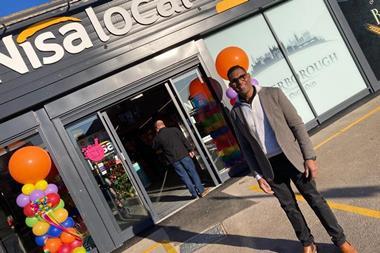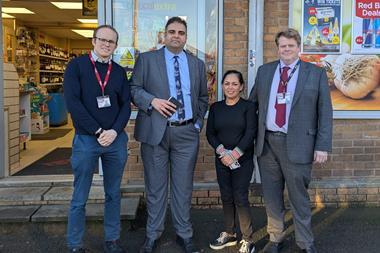Business rates due to rise by 5.6%
By Aidan Fortune2011-10-18T00:00:00
Retail business rates are set to soar next April following a sharp increase in inflation.
ALREADY HAVE A REGISTERED USER ACCOUNT? PLEASE LOG IN HERE
To read the full story join the ConvenienceStore.co.uk community today!
Registration is quick and easy and provides access to:
- Unlimited ConvenienceStore.co.uk articles
- Our great range of newsletters
- Content you’ve saved for later via the ‘my library’ feature
And much more…
Related articles
More from Advice
Unlimited Access + Newsletters
Register today to gain unlimited access to articles and to receive our great range of email newsletters.































